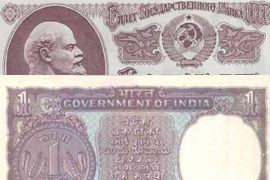Two ideas stood out from the Kyoto Protocol of 1997. One was that of carbon credits, where polluters could ‘offset’ their CO2 emissions by investing in ecologically-friendly projects around the world. The other was that the world’s majors polluters would all have to work together to tackle climate change – without the United States, who did not ratify the treaty.
20 years since, and we find that neither of these ideas aged well. The carbon credit concept, though adopted by numerous multinationals and nations, failed to take off. And the United States, by choosing to backtrack from the Paris Climate Agreement, has retained its position as the world’s number one obstacle to preventing global warming. It leaves an onus on too many polluters to make up for the emissions of just one superpower.
There is cause to retrospect on either. The failure of carbon offsetting could in large part be accounted for by lax verification procedures. In 2008, an organization that ‘verified’ nearly half of the 1,200 carbon-offsetting projects approved by the Kyoto Protocol’s Clean Development Mechanism (CDM), had its work suspended for ‘serious flaws’ in its validation activities.
Copyright©Madras Courier, All Rights Reserved. You may share using our article tools. Please don't cut articles from madrascourier.com and redistribute by email, post to the web, mobile phone or social media.Please send in your feed back and comments to [email protected]











